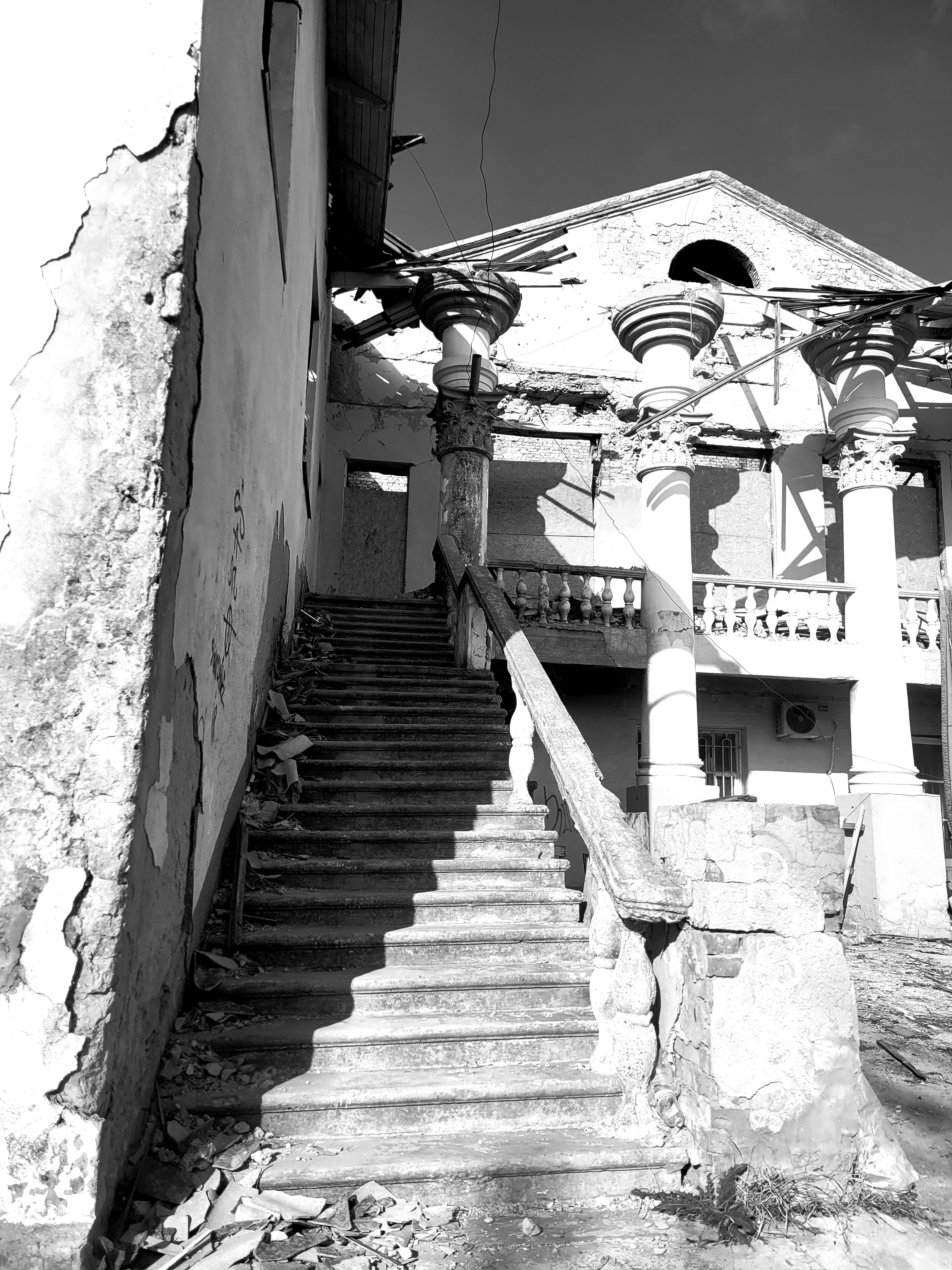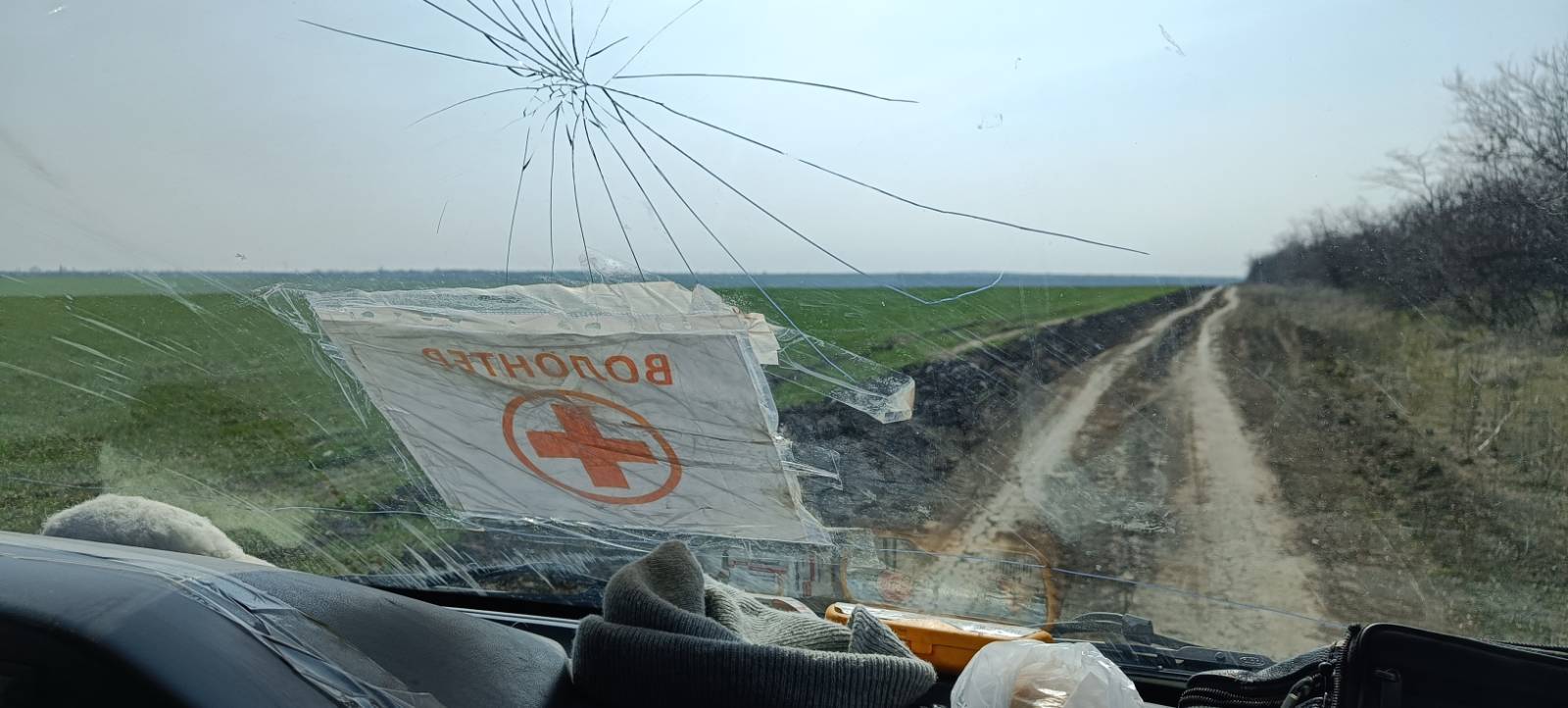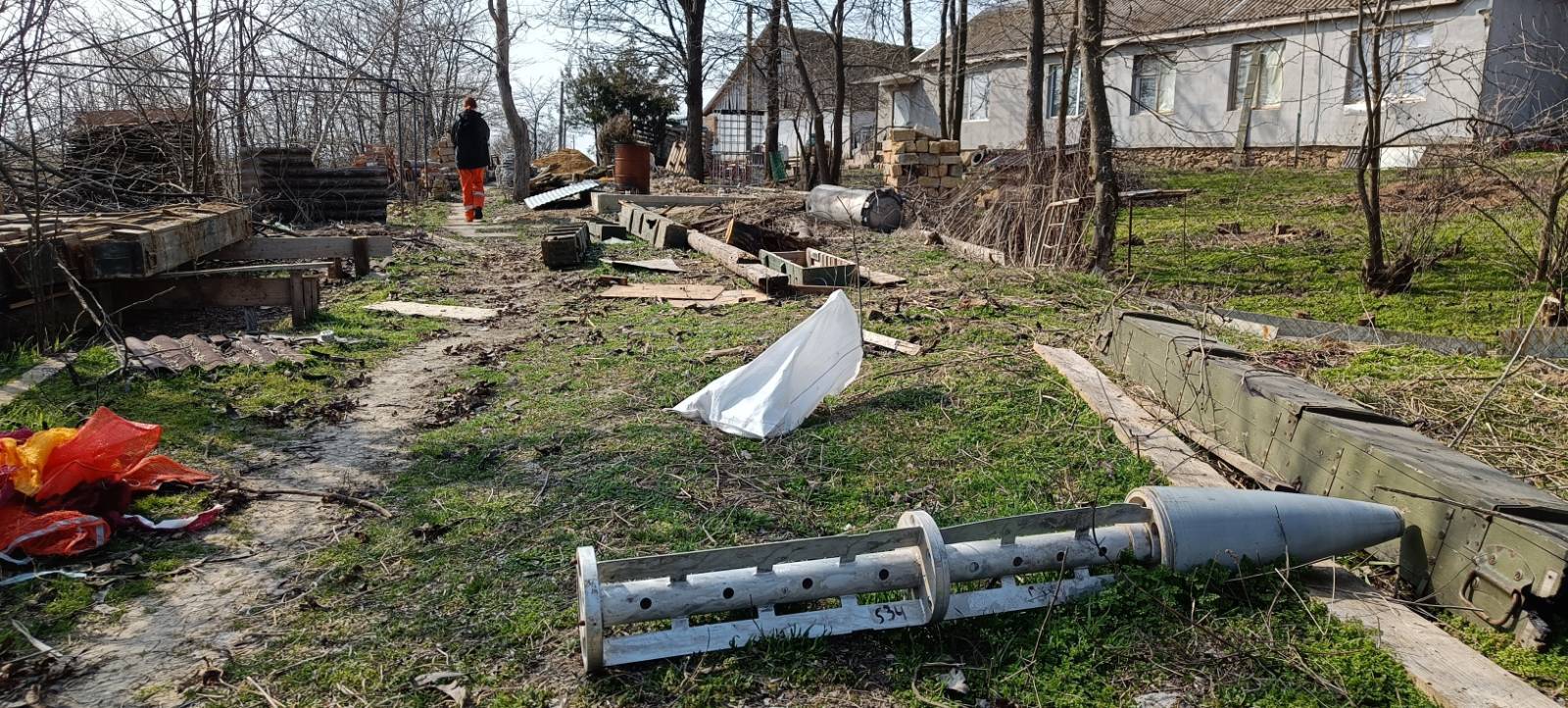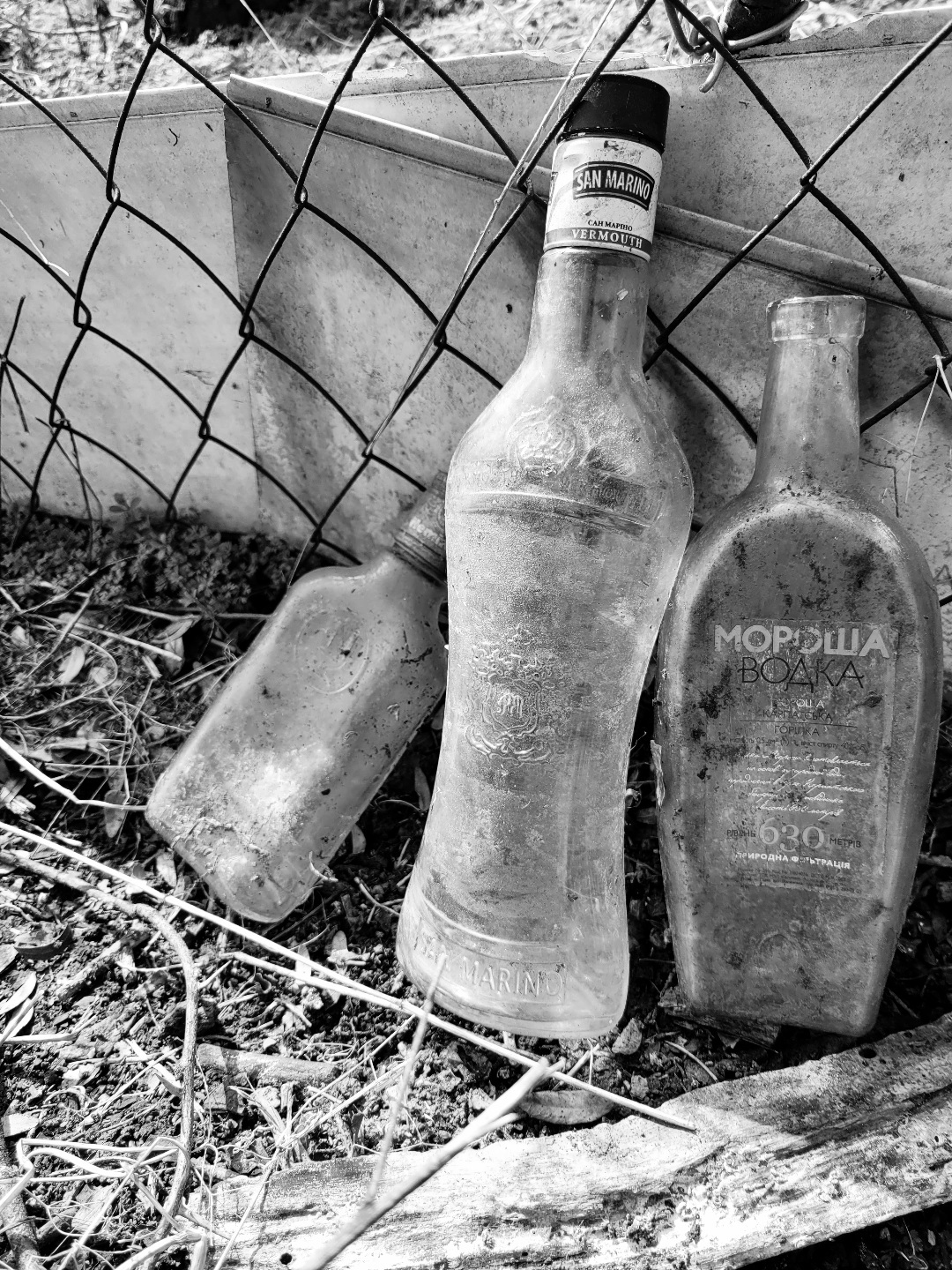"Don't worry, we'll save you". Everything changed in 2014
Donbass, 2014. Everything began here. The “first act” of an invasion that was destined to become even more serious. In this disputed land, where for 10 years there has been a strong dispute between the Russian and European socio-economical systems. A land where everyone, both Russian and Ukrainian people, speaks the Moscow language.
In order to justify its invasion in 2022, Moscow said to have been obliged to intervene in order to safe Russian-speaking people in Ukraine (in particular those in Donass and Crimea, but in general in the south-east country): the Muscovite propaganda describes a “Donbass genocide”, or a bloody civil war started by Kyiv against the “the separatists” since 2014. An open conflict, which has been amplified by the ongoing war; a conflict that could have been solved 10 years ago, with a more decisive reaction of Kyiv regarding the Russian annexation of Crimea. “Don’t worry, we’ll save you” is the sentence told by Russian people to the Russian-speaking Ukraine people living in Donbass.
Suspended time: bombs on Kherson, located on the front where Dnipro River divided the area into two opposite line-ups.
Kherson. 300 million inhabitants before 24th February 2022. Nowadays there are less than 100 million people: it is thought that there are between 80 and 100 million inhabitants, but there are no official data. The city in the southern Ukraine -on the estuary of the Dnipro River- has been occupied by the Russian troops on 3rd March 2022, a week after the invasion, and freed from the Ukrainian counter-offensive in the autumn of the same year.
The war is expected. Waiting for someone to happen. Or for something to finish and for everything to go smoothly. You get used to. You fall asleep with the mortar fire in the background and you don’t pay attention: everything is normal. The new normal. Any defeat nor win is definite. Everything is temporary. It’s like a crazy compass needle, the disaster hits casually: a museum, a theater, a seven-floors residential building. in the night or in the mourning. Any esteem of dead people is official, neither Russian nor Ukrainian: thorny number to tell to both fronts. Maybe 300 million. Or maybe 1 billion.
Days of nothing, in a rare time beaten by a clock without hands
Meanwhile, almost all the non-governative organizations abandoned Kherson: it is too dangerous staying in this front city. Moreover, there is the total absence of the international press, highlighting tiredness and disinterest of the entire world about this lacerating two-year conflict: a land that has been under air, land, naval and computer strike for two years. Places where History is uninhabitable; the future unimaginable.
Only a few freelance passing fotoreporter (like Paul Conroy - a veteran, whose colleague was Marie Colvin, “Sunday Times” journalist, who has been killed by Assad Regime’s in 2012 in Homs, while they were trying to tell the atrocities during the Syrian civil war) explains life of whom chose to stay here and didn’t want to run away.
A ticket to War
Odessa, the city on the Black Sea, a crossroad of cultures and trades, hit by the first day. After each attack, though, it becomes an apparent normality.
And then the capital Kyiv -far from the front- where life continues. The spectre of war comes, though, during the day, each time an attack is released over the city, a warning that somewhere, someone is still fighting, suffering and dying.
Also the sprectre of the forced recruitment hovers, men between 27 and 59 years old are engaged (maybe there will be a decrease in the age of recruitment to 25 years; also three months of training for guys between 18 and 25 years are expected). With the arrival of spring, there will be more intense fightings and a new mass mobilization, the recruitment system is indeed corrupted and inefficient. The front is more fearful.
Disputed land
Someone dreams of and prays for a free and independent Ukraine. Someone prays to have a bath in the Dnipro River and in the Black Sea again, which is still full of mines or snipers. Someone dreams of tasting watermelons, that till 2022 only grew in the East part of the river: now they are produced also in the West part of Dnipro River. Unique climate and ecosystem, which guarantee the extraordinary fertility of this disputed land.
You wait and you pray -prisoners of an sinless geography- hoping the front won’t collapse. If the front collapses, there will be the break of a dam: without the west aids, the Ukrainian arm hasn’t any munitions and tanks to stop the Russian advance. In a precarious stalemate -temporary waiting for the decisive turning point that for too long has not come- that transformed what would have been known as a flash operation (Blitzkrieg) into an exhausting war of attrition.
Europe and Western Countries: promised aids and decisive delays
Thanks to the EU High Representative for Foreign Affairs, the European Commission considers the use of suspend Russian goods to finance aids in Kyiv, to use for Ukraine defense, and to reconstruct the city after the war.
Since February 2022, in the European countries some assets and reserves of The Central Bank of Russian Federation are suspend, for a total amount of 210 billion euro: according to interest rates, they should make around 2,5-3 billion euro in 2024. This amount should be added to the EU agreement on military aids of 5 billion euro.
From the beginning of the conflict, Europe allocated more than 143 billion euro (financial and humanitarian assistance, military aids and support to refugees), while United States managed to approve a military plan of only 300 million dollar, with respect to the 70 billion of arms suspend by the Republicans.
Meanwhile, the path to a closer approach between Ukraine and European Union continues: on 20th March 2024, the ninth meeting of the Association Council was hold, where there have been some discussion about military, economics and humanitarian fields, following the russian aggression.
Moldovan powder keg
There is no way to reach Ukraine. It’s necessary to book a flight towards Chișinău -near Moldova- and then go to Odessa during the morning, after a whole night traveling by bus (or, alternatively, choosing to enter from Lviv, in the North of Poland): Ukraine is “no-fly zone”.
Meanwhile, Transnistria, a pro-Russia enclave in the Moldovan territory has once again shaken the slumber of Euro-Atlantic diplomacy. Now, they fear that the Kremlin can use the Tiraspol issue like “casus belli” to invade Moldova, in order to attack Ukraine from its West part and block the access to the sea.
Russia should already have 1500 soldiers in a territory which belongs de iure to Moldovan Republic, but de facto it is an independent country since September 1990, under the name Pridnestrovian Moldovan Republic. Moldava became an autonomous country the following year, after the collapse of the Soviet Union, the 27th August 1991.
The breakaway region, politically aligned with Moscow, worsens the polarization of the Moldovan society, that is divided into two socio-political groups: on one hand there are Moldovan citizens speaking Rumanian, looking up to Romania and Europe, and on the other hand Moldovan citizens speaking Russian, who look up to Moscow.
“Russia is ready to the nuclear war”, threatens Putin. But the Kremlin doesn’t want to use it. For the moment. It is only a warning, so that NATO understands.
America isn’t the “giant” anymore. And Europe isn’t the geopolitical actor that would be needed yet: the Russian war to Ukrain highlighted its limits and contradictions. This is an indecision, that Moscow interprets like the Western weakness. The democracy’s weakness. But here, in Ukraine, freedom right (even if the democracy is imperfect) is deserved, necessary and it is for all human beings.
Mondo Internazionale APS - Riproduzione Riservata ® 2024
Share the post
L'Autore
Giuliana Băruș
Studi in Giurisprudenza e Diritto Internazionale a Trieste.
Oltre che di Diritto (e di diritti), appassionata di geopolitica, giornalismo – quello lento, narrativo, che racconta storie ed esplora mondi – fotoreportage, musica underground e cinema indipendente.
Da sempre “permanently dislocated – un voyageur sur la terre” – abita i confini, fisici e metaforici, quelle patrie elettive di chi si sente a casa solo nell'intersezionalità di sovrapposizioni identitarie: la realtà in divenire si vede meglio agli estremi che dal centro. Viaggiare per scrivere – soprattutto di migrazioni, conflitti e diritti – e scrivere per viaggiare, alla ricerca di geografie interiori per esplorarne l’ambiguità e i punti d’ombra creati dalla luce.
Nel 2023, ha viaggiato e vissuto in quattro paesi diversi: Romania, sua terra d'origine, Albania, Georgia e Turchia.
Affascinata, quindi, dallo spazio post-sovietico dell'Europa centro-orientale; dalla cultura millenaria del Mediterraneo; e dalle sfaccettate complessità del Medio Oriente.
In Mondo Internazionale Post è autrice per la sezione “Organizzazioni Internazionali”.
Categories
Tag
Russia guerra russia-ucraina Moldova Transnistria Crimea Donbass Kyiv Odessa Kherson Frontline NATO Unione Europea USA





